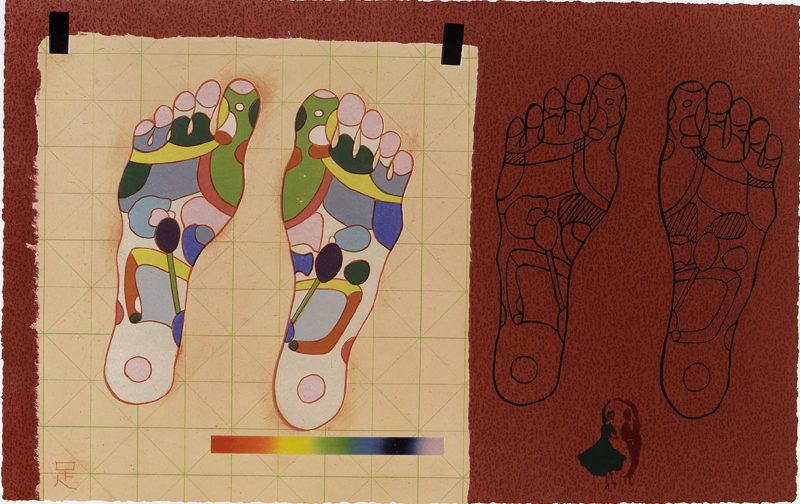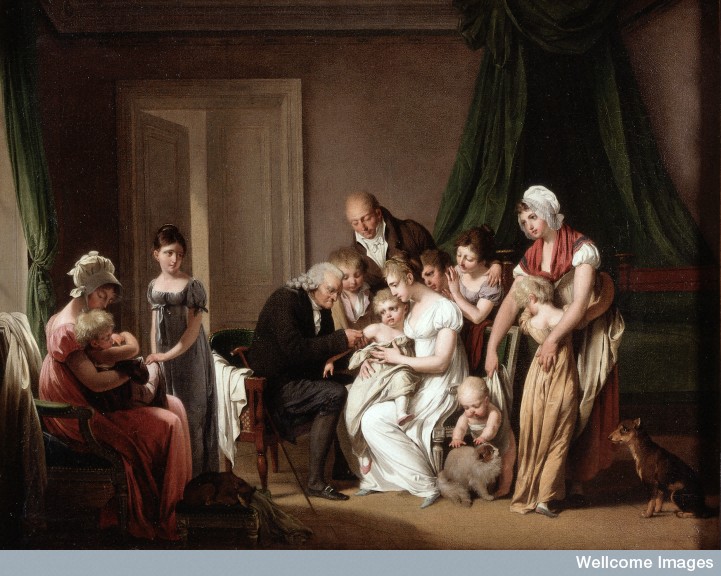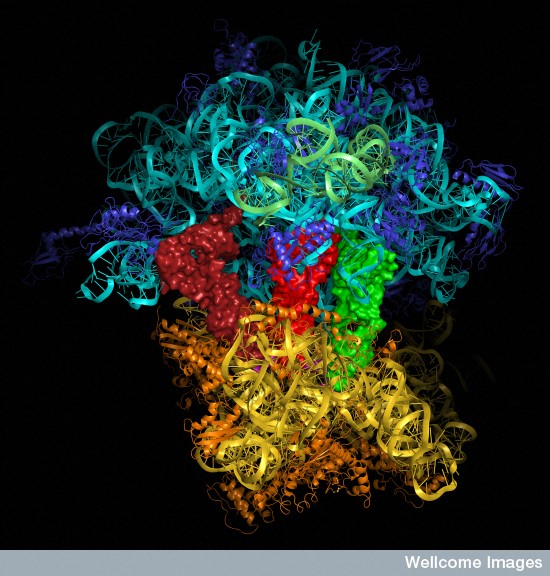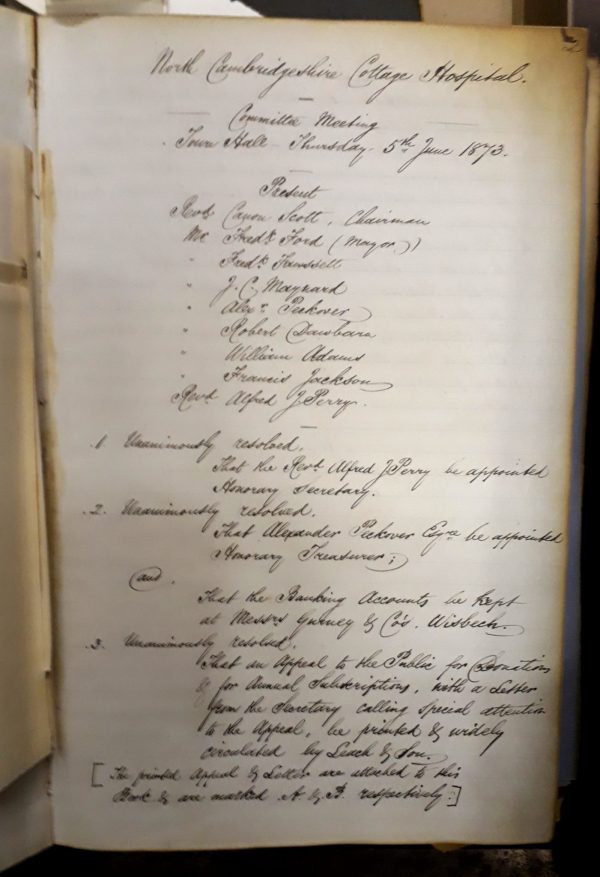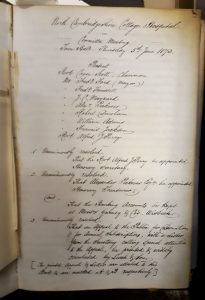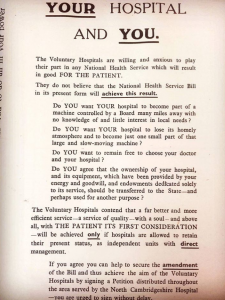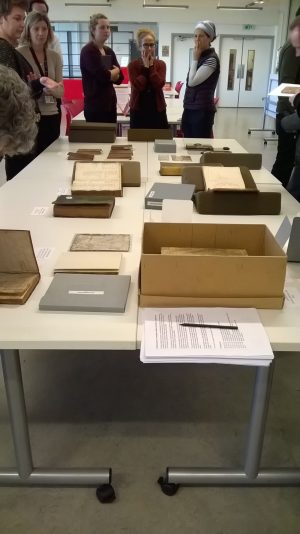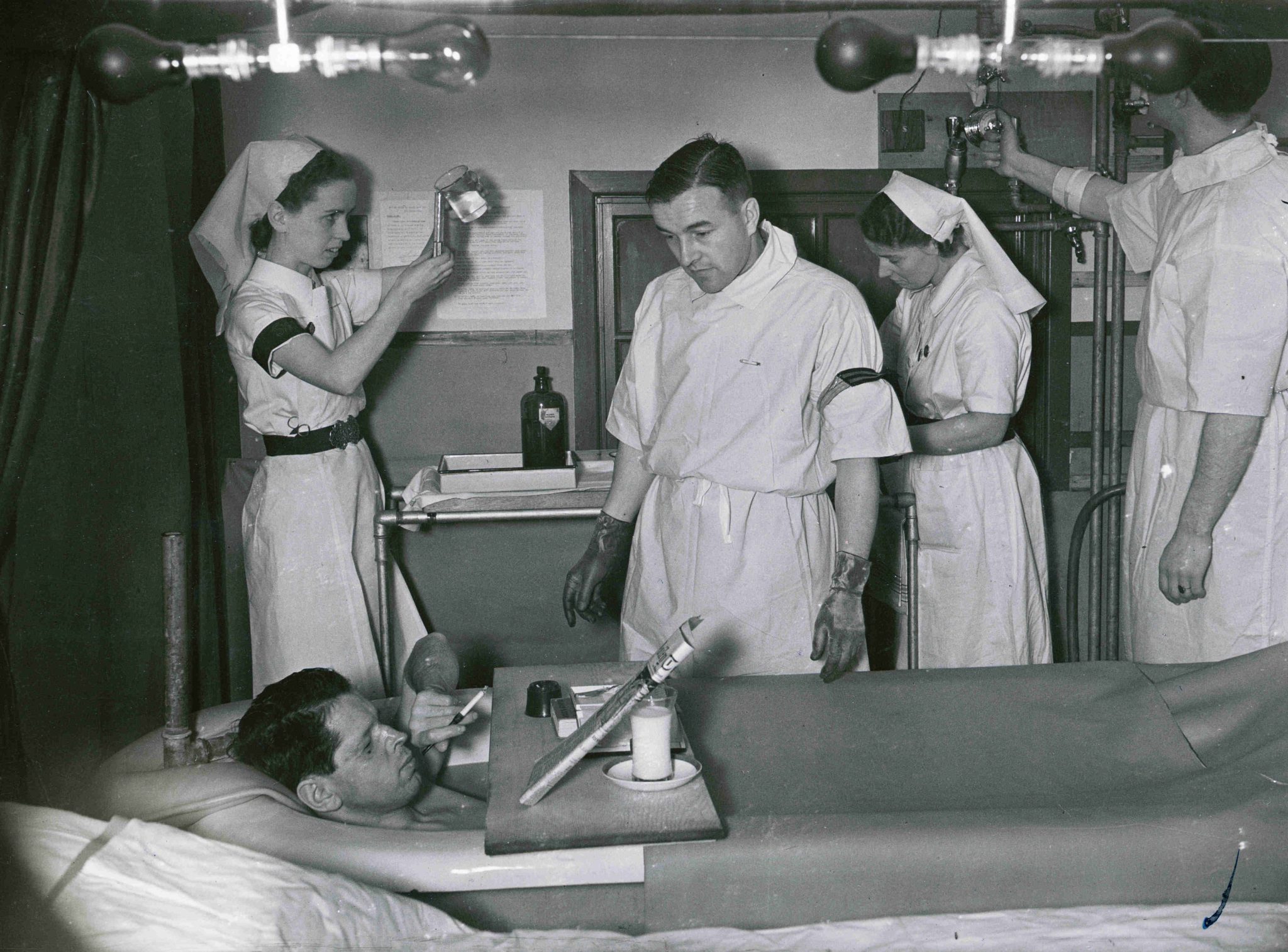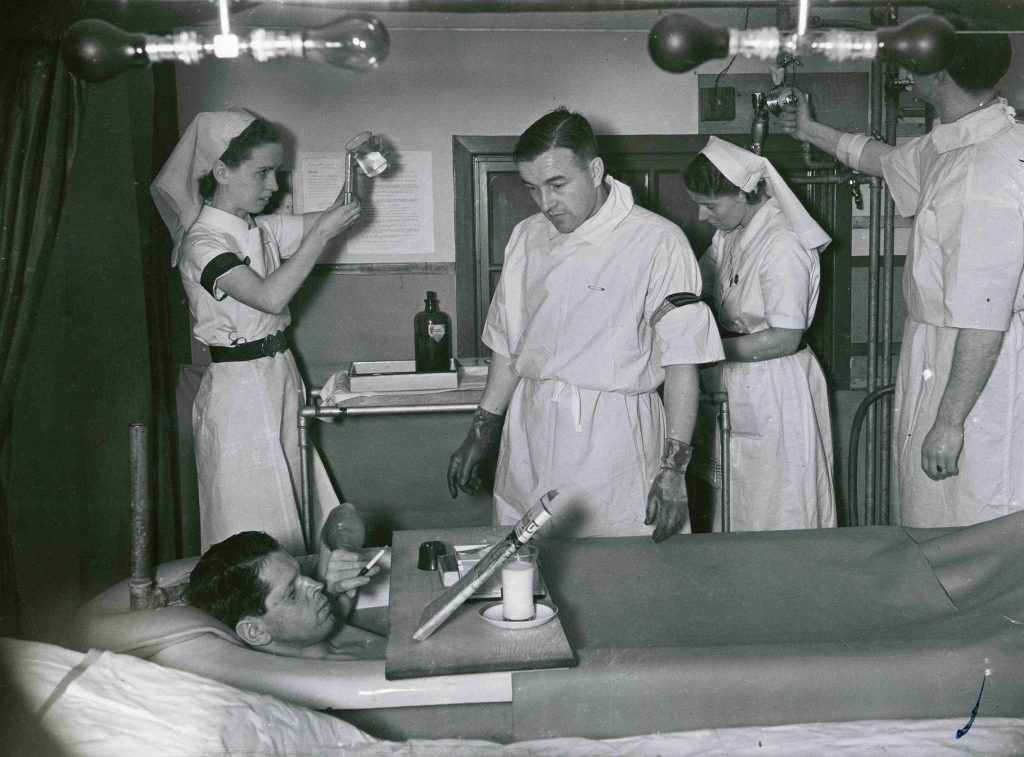Victoria Haddock, Wellcome Project Conservator, Boots Archive
The professional seminar ‘Approaches to Opening Up Medical Archives’ hosted at London Metropolitan Archives on 19 January 2018 was an insightful collection of talks around the project management and conservation of two important collections: the Foundling Hospital medical records at LMA and those of the St. Mark’s Hospital Archives held by St. Bartholomew’s Archive. Both projects have received funding from the Wellcome Trust Resource Resources awards to enable their conservation and cataloguing, with the aim of opening up access to these collections – whether by allowing them to be a in a more stable condition to be viewed, or to be digitised.
The Foundling Hospital project at LMA focused on a distinct subset of the Foundling collection which was unfit for consultation and required much-needed treatment to enable it to be digitised safely. In addition to this the LMA was successful in its application for a public engagement fund which will allow a year-long programme of events to link in with the project including an academic conference, events for schools and an exhibition.
The St. Marks collection is over 50 linear metres of archival items which all require full cataloguing, which will begin in February 2018. Their conservation has been worked on since July 2017 by their project conservator, who gave an insightful talk on her approach to working on such a large collection. The usefulness of having the time to thoughtfully and accurately survey a collection was detailed along with an interesting example of the development of stationery bindings from the mid-nineteenth century.
Both were great examples of the variety of challenges that may happen during these kinds of projects and we all got the chance to see some fantastic examples of the conservation work done by the conservators on these projects, from full rebinding examples to more minimal preventive approaches such as bespoke book jackets.
It was a great morning to hear about these projects and sparked many questions and debates. It was also a really great opportunity to meet others in similar situations who have the same sort of issues to confront within medical archives.
The timing of this event was also fortuitous as recently a group has been set up in the hope to connect previous and current conservators and archivists that have worked on short-term projects funded by the Wellcome. Since beginning work on a rehousing project at the Boots archive, Nottingham, in January 2017, I was struck by how many projects similar to mine had been funded by the Wellcome Trust. But there was nothing out there to tell us where we all were and no central body linking us together, even though we were all linked by the Wellcome’s funding and the fact that we are all medical, pharmaceutical or scientifically based archives. This struck me as a wasted opportunity for collaboration as many of us may have been facing the same kinds of challenges and there might have been someone else who has found the answer already and may be able to share this experience.
Personally, as an emerging conservator who has only recently graduated, I was struggling with the context of the project I was working on being the only conservator – and the first and only conservator the archive had ever had – and so was faced with a lot of responsibilities and decisions to make without having that opportunity to consult with a team of conservators with greater experience than me, that others might have in a different institution. But I also discovered mine was not an unusual case at all, there being many conservators out there with short-term project based work being one of their first ‘proper’ jobs after graduating from a postgraduate qualification or similar.
So this led me to begin drawing together a network of conservators, archivists and others, who were currently or had previously worked on projects such as mine. It has been initially a closed group on Facebook and an emailing list. After the event in the morning those of us that wanted to meet up to discuss the group were able to do so by the kind offer of a meeting space at LMA.
Many topics were discussed such as what we want to do with the group, how best to do this, what kind of information do we want to share such as project reports, as well as shorter blogs or images to show what we are working on, and are there any skills or training we would like to get that would benefit us a group and our particular situations. To be honest we only just touched the tip of the iceberg!
Many more thought-provoking topics were raised such as the general nature of project work from both the perspectives of those working on projects and those hiring for and managing those projects, how case studies and reports about Wellcome funded projects are not made available for those thinking of applying for funding, or those currently in that process to give applicants a greater understanding of the nature and scale of what conservation projects might become, and also how archivists and conservators could and should be working together in partnership.
This is just the beginning of what I hope to be a really useful network for people working on short term projects that want to have a place to voice their questions, successes and feel part of a wider supportive community.
If you have any questions about the group or would like to join the mailing list please email victoria.haddock@boots.co.uk.
